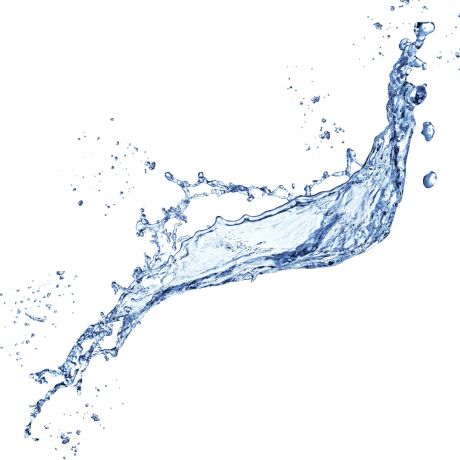Cleaner water through nanotechnology

Cleaner water through nanotechnology
EU-funded researchers developed the next generation of water purification systems by building on carbon's natural ability to remove contaminants from water and benefits gleaned from nanotechnology.
Granulated activated carbon (GAC) is the material found in common home
water filters, which enables them to remove contaminants. Two factors
are important in causing substances in water to stick to GAC in a
process called adsorption; these are a large surface area and charge
(when activated).
Nanoparticles, or particles the size of atoms or molecules, have a tremendously large surface area compared to volume. Thus, carbon-rich nanoparticles offer the potential for greatly enhanced efficiency in water purification systems.
EU-funded researchers from the CARBOSORB (CARBOSORB - Carbon (nano) sorbents for environmental remediation) project sought to exploit this potential. They developed permeable composite filters in which carbon-rich nanoparticles were embedded in a recyclable structure for high-performance water purification in the environmental and industrial sectors.
The project created a new generation of nanocomposite materials using polymer and activated carbon scaffolds, in which a range of nanoparticles or nanoporous reactive materials were embedded. The various compositions were selected to target different classes of contaminants, including oestrogens and pesticides, which are difficult to remove with GAC.
Assessments using cell assays were carried out to determine biocompatibility of the devices and potential ecotoxicological impacts associated with their use, and indicated minimal ecotoxicological risk. Testing was also carried out to determine their effective operation in larger volumes of water under realistic conditions, such as with sewage waste or river water.
CARBOSORB successfully produced a low-cost, low-energy suite of sustainable technologies that help reduce greenhouse gas emissions and the water industry to comply with EU regulations. It developed practical water remediation technologies that benefit all EU citizens, as well as the economy, agriculture and industry. This will also place Europe at the forefront of novel carbon-based remediation devices and technologies.
published: 2015-12-03